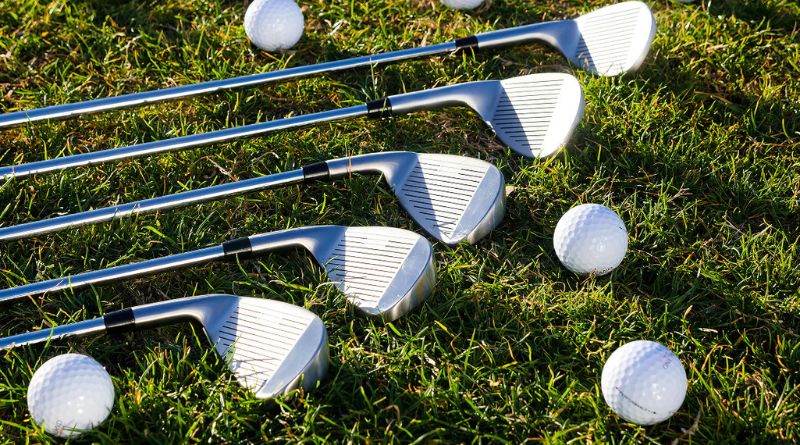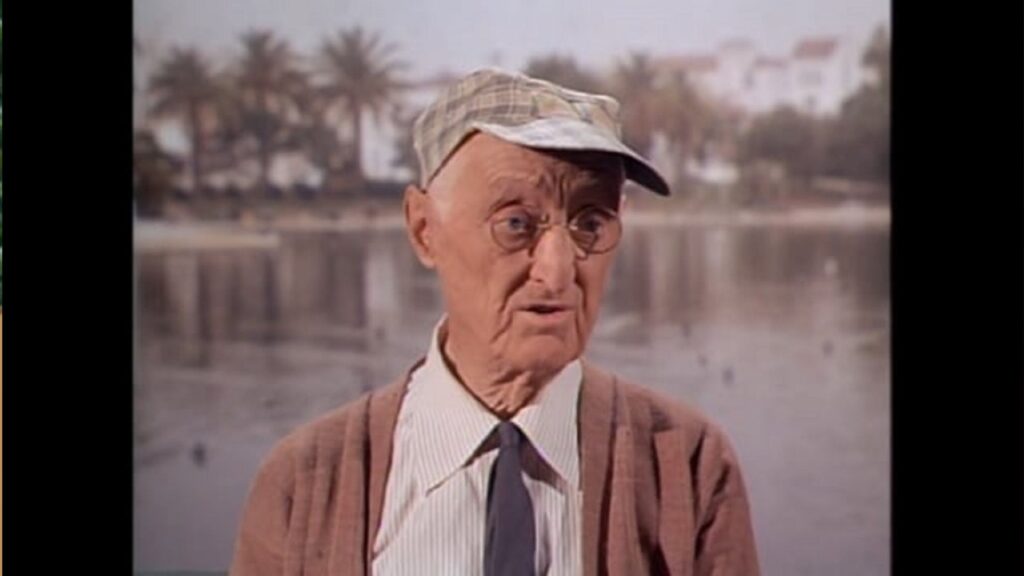In the world of golf, the rules and regulations governing how players use their clubs can sometimes be confusing, especially when it comes to the concept of a golf club designate a club not being used as normal. This term refers to situations in which a player designates a club for a specific purpose, not in its usual function or manner of use during the game. Understanding this concept is crucial for golfers, as it involves proper equipment handling, adherence to golf etiquette, and compliance with official golf rules.
Table of Contents
In this article, we’ll explore the concept of designating a golf club that is not being used as normal, including its implications on gameplay, equipment use, and strategies. We will also clarify the rules and potential consequences of using clubs in non-traditional ways, and offer tips to ensure you’re following the correct protocol on the course.
What Does It Mean to “Designate a Club Not Being Used as Normal”?
In the most basic sense, when a golfer designates a club not being used as normal, they are essentially using the club for a purpose other than its original intended function. For example, a golfer might use a club as a temporary tool or substitute for another function, such as marking the ball, using it as a support for a shot, or even for a non-playing purpose like measuring distance.
Examples of Designating a Club Not Used as Normal:
- Using a Club as a Marker
Sometimes, a golfer might designate a club that is not in use as a marker on the green, often in place of a traditional coin. This is not an ideal use of a club, as clubs are meant to be used for striking the ball, but it can be a practical option when no other marker is available. - Supporting the Ball
In some rare cases, a golfer might designate a club to support the ball while setting up for a tricky shot. This can happen when the ball is in an awkward position, like in thick grass, where the club is positioned to help the ball become more accessible. - Using a Club as an Alignment Tool
Golfers often use a club to check their stance and alignment. While clubs are used for hitting the ball in regular play, there are times when the club is designated as a visual aid to ensure the player’s body is aligned properly before taking a shot. - Temporary Substitute for Another Club
If a player’s club becomes damaged during a round (for example, the shaft breaks), they might temporarily designate another club to act in its place. This club might not be suited for the type of shot, but it allows the player to continue playing until they can substitute or repair the broken club.
The Role of the Rules in Designating a Club Not Being Used as Normal
Golf is a sport heavily regulated by rules, and using clubs in non-traditional ways could be subject to penalties, particularly if it interferes with the fairness of the game. The governing bodies of golf—such as the United States Golf Association (USGA) and The R&A—have strict rules regarding equipment usage to maintain the integrity of the game. When you decide to designate a club for a purpose other than its normal use, it is important to understand the consequences.
Rule 4.1: Clubs and Equipment
The USGA and The R&A’s Rule 4.1 provides guidance on the use of clubs and other equipment during a round of golf. According to this rule, players are only allowed to use clubs in the way they were designed to be used—hitting the ball with the clubhead. However, the rule does allow for some flexibility when it comes to temporary situations, such as using a club to assist in a ruling or as a temporary tool when necessary.
Rule 4.3: Damaged Clubs
Under Rule 4.3, if a club is damaged during a round (whether due to normal use or some other incident), a player is permitted to continue playing with the damaged club or can choose to replace it with another club from their bag. However, the replacement club must be one that can be used for its intended purpose, not for any other function that deviates from its design. If a club is damaged deliberately, a penalty may apply.
Potential Problems with Using a Club in Non-Normal Ways
While there are allowances for temporarily designating a club not being used as normal, it’s important to understand the potential issues that can arise. Using clubs in unapproved ways may lead to penalties, confusion, or simply unwanted distractions that can affect your game.
1. Violation of Equipment Rules
If a player designates a club for a purpose other than its intended use, and it’s not allowed by the rules, they may be penalized. For example, if a player uses a club to move an object or alter the course in a way that is not in line with the game’s standards, it can result in a loss of stroke or disqualification.
2. Impact on Play
Using a club in an unconventional way might also alter the course of play. For example, designating a club to mark the ball can be confusing for others in your group, especially if the action violates the expected etiquette of the game. Maintaining the right balance between creativity and respect for the game’s structure is key to avoiding mistakes that could cause frustration or even lead to penalties.
3. Damage to the Club
Some golfers might try using a club as a tool, such as a measuring stick or even for propping up a ball. This could result in accidental damage to the club that might render it unusable or less effective for its primary purpose.
How to Properly Use Clubs in Non-Normal Ways
If you’re faced with a situation where you need to designate a golf club designate a club not being used as normal, make sure you understand the circumstances that allow for such actions and take appropriate care in doing so. Here are some guidelines:
- Ensure You Are Not Violating Any Rules
Always check the rules of golf to ensure you’re within bounds. If unsure, it’s wise to ask a fellow player or consult a referee for guidance on the matter. - Avoid Damaging Your Clubs
While it may be tempting to use your clubs for non-traditional tasks, always consider the risk of damaging the club. If possible, use another object designed for the task (e.g., use a tee to mark your ball instead of a club). - Communicate with Other Players
If you do decide to use a club for something other than its normal purpose, let other players in your group know. This avoids confusion and ensures that everyone is on the same page during the game.
FAQs about Golf Club Designate a Club Not Being Used as Normal
1. Can I use a club to mark my ball during play?
While it’s not typical to use a club as a ball marker, it is allowed as a temporary solution in the absence of a proper marker. However, it’s important to ensure that the club doesn’t interfere with your or others’ gameplay, and it should be done discreetly.
2. What happens if I use a damaged club in my round?
If your club is damaged during play, you are allowed to continue using it or replace it. However, it cannot be replaced by a club that is used in a way other than intended. For example, you cannot use a putter for a drive, and vice versa.
3. Can I use my golf club to help me hit a shot in a difficult situation?
If you’re in a tricky spot on the course, such as in deep grass or under a tree, it is permissible to use a club to help set up your shot (as long as it is part of your standard gameplay). However, designating a club for non-playing purposes, like using it to move an obstacle or adjust the lie of the ball, could violate the rules.
4. Are there any penalties for using clubs in non-traditional ways?
Penalties only occur if the use of the club violates specific rules, such as altering the course or playing with a club for an unauthorized function. It’s best to stick to using the club for its designated purpose to avoid penalties.
Conclusion
The concept of a golf club designate a club not being used as normal is not something many golfers regularly encounter, but it’s essential to understand the rules and proper protocols for when such situations arise. Golfers should be cautious when deciding to use a club in unconventional ways, as improper use can lead to penalties, confusion, or even damage to the equipment. Always keep the rules of golf in mind, and ensure you’re following etiquette to maintain fairness and respect for the game.



